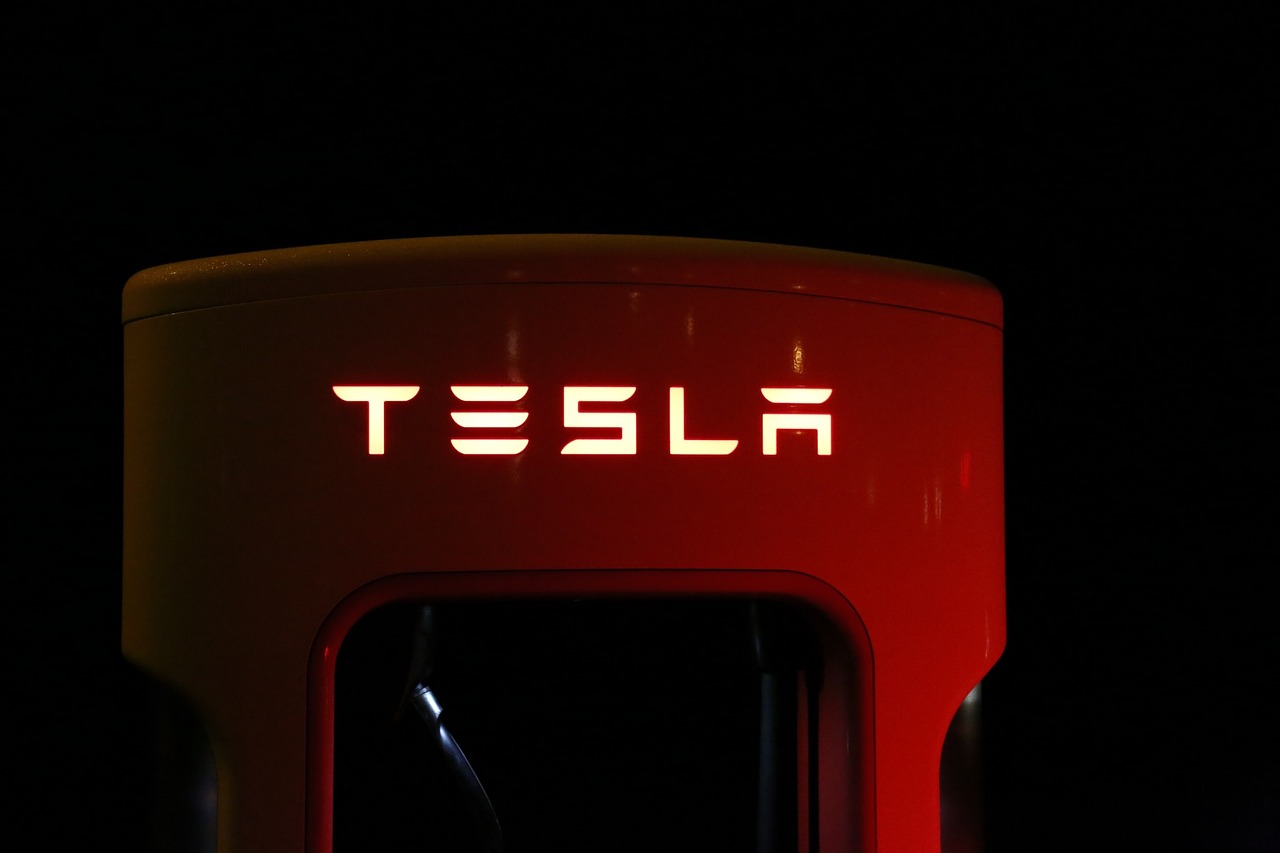
With vehicle production rising by 5.2% to 1.7 million units in the UK in 2016, as stated in SMMT’s 2016 Automotive Sustainability Report, maintaining sustainability in Automotive is a key focus for manufacturers.
Alongside this, with more resources being used up that are not easy to replace, as well as tighter legislations such as reductions in emissions, sustainability in the automotive industry has become as important as car performance and drive quality.
Below, we’ve identified five ways in which the automotive industry is leading the way in ensuring an environmentally friendly future.
- Sustainability Council
The Volkswagen emissions scandal of last year rocked the automotive industry. However, since then, the manufacturer has appointed a sustainability council made up of nine governors of climate and union backgrounds, focusing on ‘the challenges of global CO2 pollution and the corresponding regulations post 2025, plus the company’s transformation process’. Volkswagen now clearly see sustainability as not just a way to re-build its reputation but to ensure it continues to develop innovative, exciting and environmentally friendly motor vehicles.
- BMW Plant Landshut
While manufacturing in a sustainable manor is important, creating a vehicle that runs with little emission output in a sustainable plant creates a greener brand. A great example of a near perfect combination is BMW’s zero emission Plant Landshut, which combined with the new range of electric vehicles equals a low emission, green manufacturing process with a great end product that leads the way in sustainability in automotive.
- ECO Drive Mode
A number of manufacturers, including Nissan with its environmentally friendly LEAF hatchback, have introduced an ECO drive mode. ECO drive mode modifies several operational aspects of the vehicle to enhance fuel efficiency and ultimately, in the case of the LEAF, vehicle range. Cars driving in ECO mode respond more gradually to accelerator input, with Nissan reporting that its research ‘indicates that this system can help drivers improve fuel efficiency by 5-10%’.
- Cleaner passenger and driver air
Since being founded in 2003, Tesla’s ultimate goal is “to accelerate the advent of sustainable transport by bringing compelling mass market electric cars to market as soon as possible”.
Most recently, it announced a Bio-Weapon Defence Mode, which it claims “removes at least 99.97% of particulate exhaust pollution and effectively all allergens, bacteria and other contaminants from cabin air”. This approach is a unique way for a manufacturer to focus attention on the health and well-being of drivers and passengers.
- Near Zero Waste
A similarly sustainability-driven manufacturer, as illustrated by the introduction of its hybrid Prius model nearly 20 years ago, Toyota has set itself the challenge of zero CO2 emissions by 2050 in both manufacturing process and vehicle output. Little surprise, given that the ‘Toyota Way’ is to eliminate “any expenditure of time, money, material, effort, or other resource that does not generate perceptible value for the customer”.
It is clear that many of the key players within the automotive industry already have well developed plans for the future.
This focus will ensure the industry continues to innovate, creating incredible new ways to transport people with ever greener and more efficient vehicles.
The challenge to maintain and improve sustainability in automotive is tough, but manufactures are already embracing these challenges and ingraining them in their business models, ensuring that sustainability and environmentally friendly practises aren’t just a way to sell more cars, but a way to build completely new products.
We’d love to hear your thoughts on any of the initiatives above or share any other ways automotive is leading the way in sustainability!
————-
If you’re interested in discussing how we can empower you to build beautiful and profitable long term relationships with your customers call us on 020 7287 9233 or email info@goldsanddigital.com